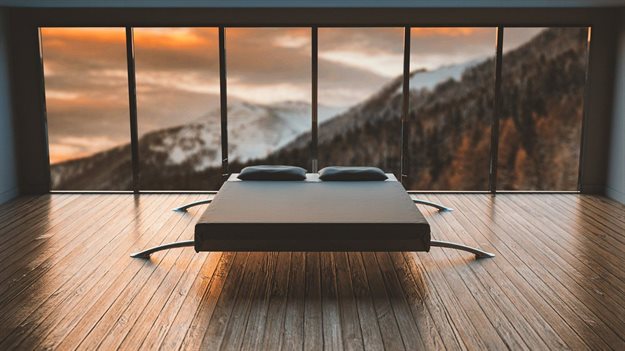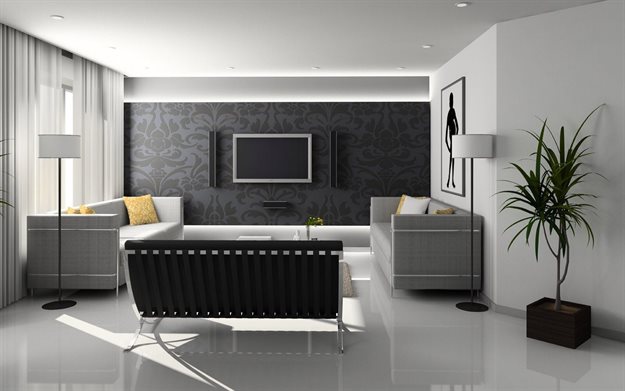If the 80s was defined by opulence and excess, the next decade is likely to be remembered as the era of minimalism, both in design and in lifestyle as a growing number of people choose to eliminate the clutter from their lives and focus on experiences rather than possessions.
This doesn’t necessarily mean downgrading to a cheaper lifestyle, it means getting rid of things that no longer serve you and focusing on quality of life rather than the accumulation of material possessions.
In the real estate industry, this emergent trend can already be seen in the rising popularity of lock-up-and-go properties, modular and estate homes as well as the growing consciousness regarding natural resources, with the younger generation especially being prepared to sacrifice luxuries in order to contribute to sustainability.
We can also expect the advent of the compact modular home, including those made from shipping containers and those constructed using cutting-edge technology like 3D printing to become increasingly appealing over the coming decade.
Shifting consciousness
The shifting consciousness is also very evident in the role models that people are now emulating and the guidance and advice they seek.
In 2014, when Japanese tidying consultant Marie Kondo released her book The Life-Changing Magic of Tidying Up it remained on the New York Times Best Seller list for 99 weeks and sold more than 7 million copies worldwide. Five years later, she has her own Netflix programme and has a lifestyle brand that is fast becoming an empire, already employing over 200 consultants worldwide.
Her decluttering system, the KonMari Method, is about more than merely tidying up your home, it's about the paring down and organising belongings so that you have precisely what you need, where you need it. And, by organising your home and keeping only items that give you joy, you eliminate many sources of stress.
Because minimalism is not about spending less on goods, but rather about owning fewer things, a more minimalist lifestyle is also likely to relieve considerable financial stress for most people.
During the last decade, the process of consumption has become so simple that one can purchase anything with the simple click of a mouse and, in an era of two-day shipping, it’s easy to become numb to the consumption culture.
Instead of owning many distracting, seldom-used items, you have fewer but more meaningful things and, by spending less on material goods, you are also likely to have a lighter financial burden and less debt – and therefore less stress.
Rise in upcycling
The trend towards minimalism and the consciousness that has grown from it has also precipitated a rise in upcycling rather than recycling, spawning a new, growing industry worldwide.
The definition of upcycling is to process used goods in order to produce something that is often better than the original, which is in line with the ethos of minimalism as it can be well argued that one is not really embracing the true spirit by creating waste in order to declutter one’s life.
Minimalism is a mindset, and over time it encourages us to think more critically about how and what we consume and to be mindful of decluttering our lives with less wasteful belongings and activities.
It’s also a reality check to stop putting off all those things we say we want to do ‘one day’ and to start living the life we want because at the end when we look back we will remember the experiences far more than we will remember items we owned along the way.





































